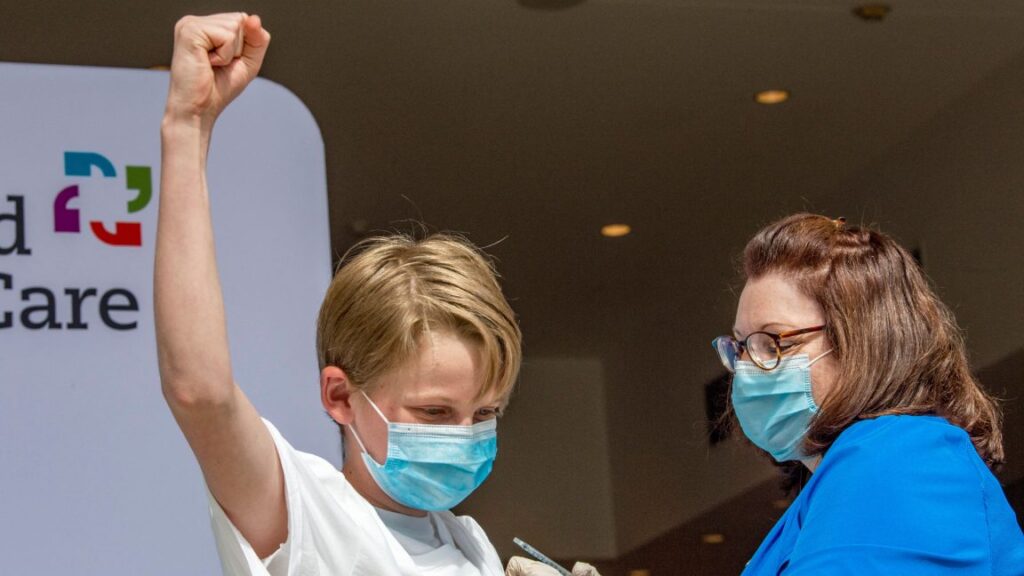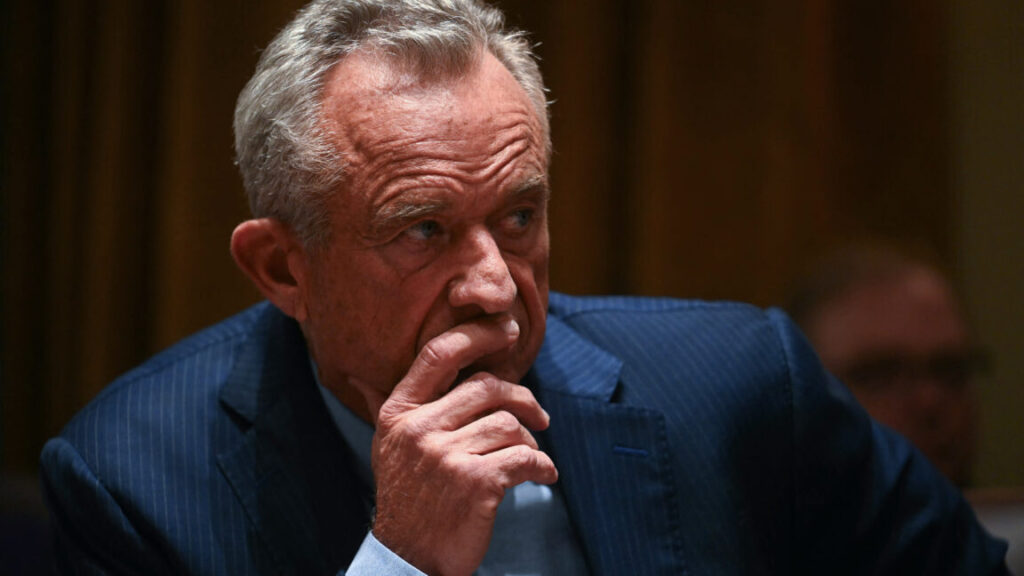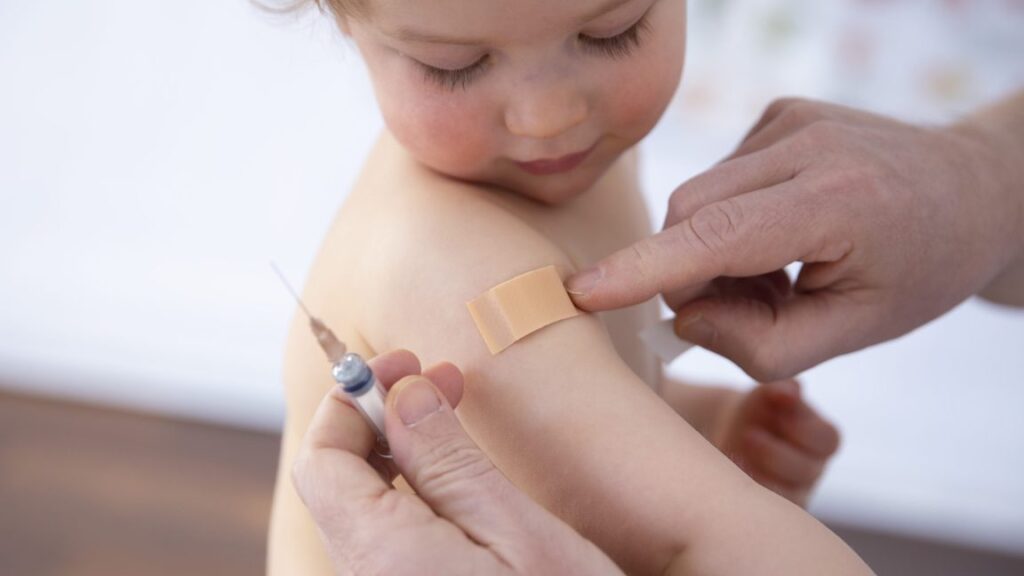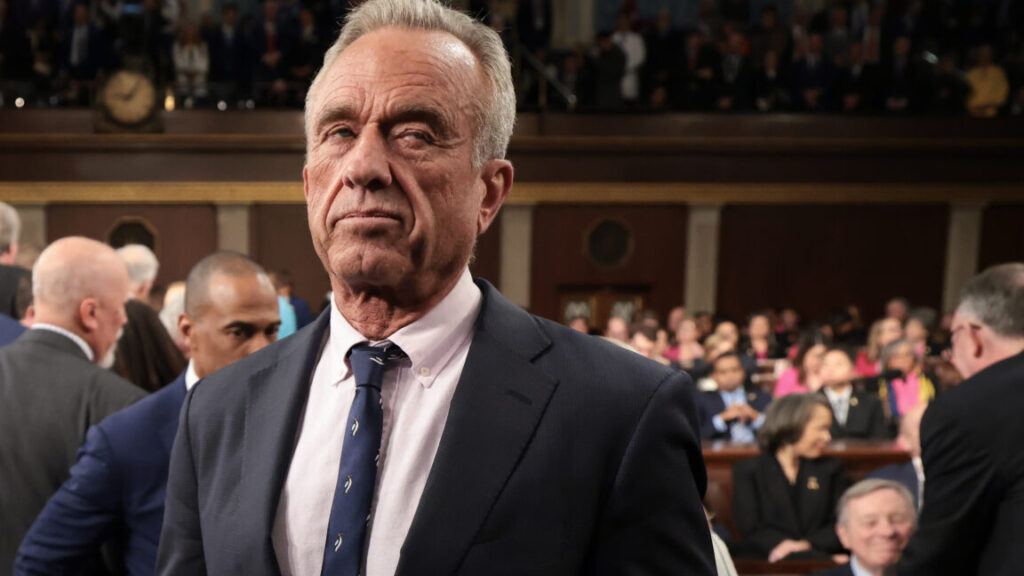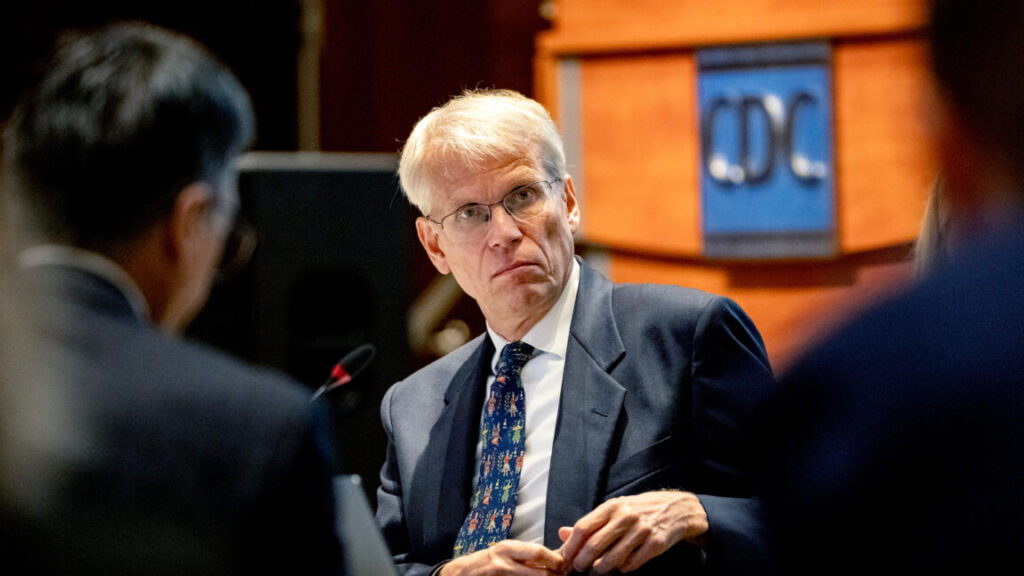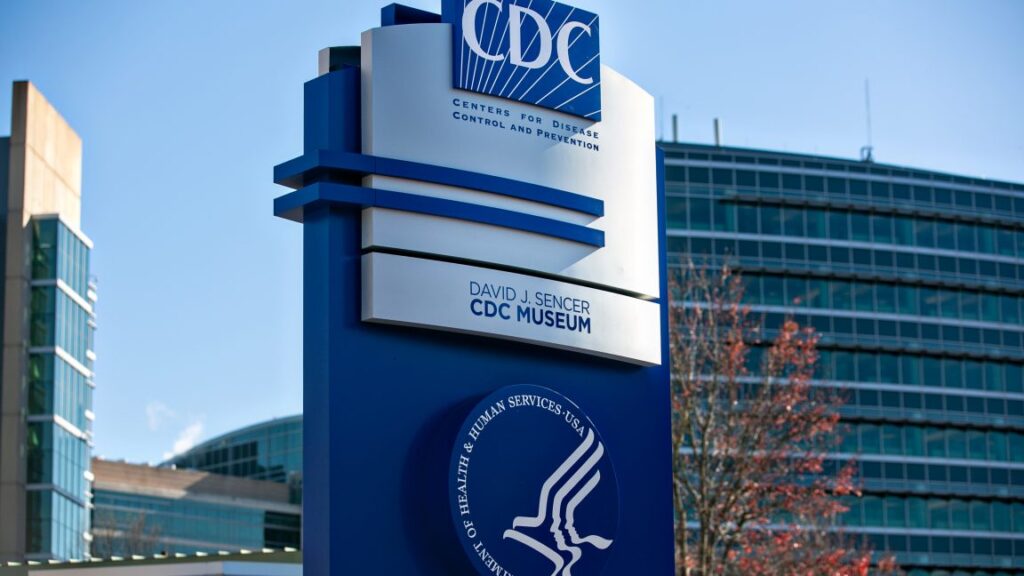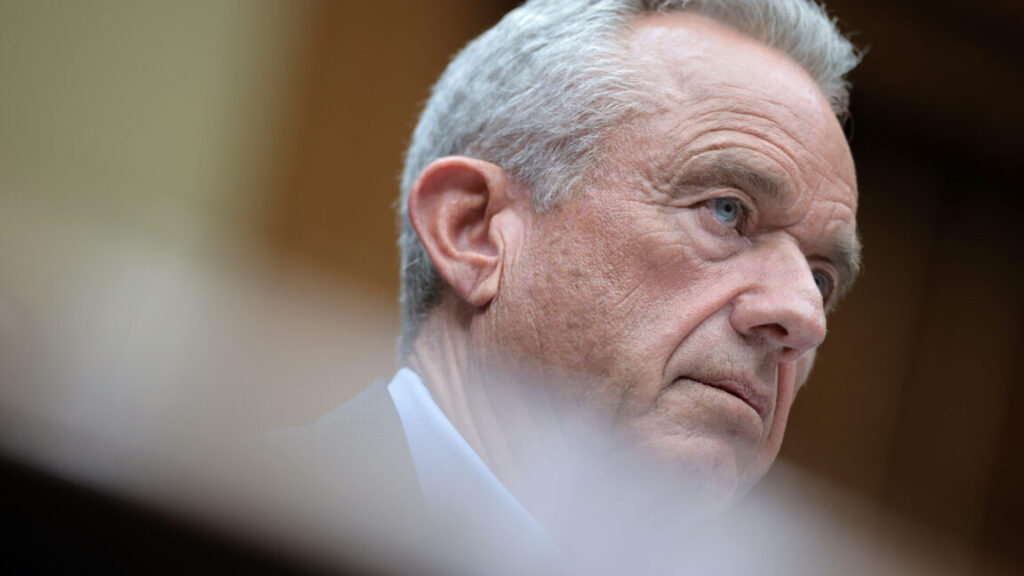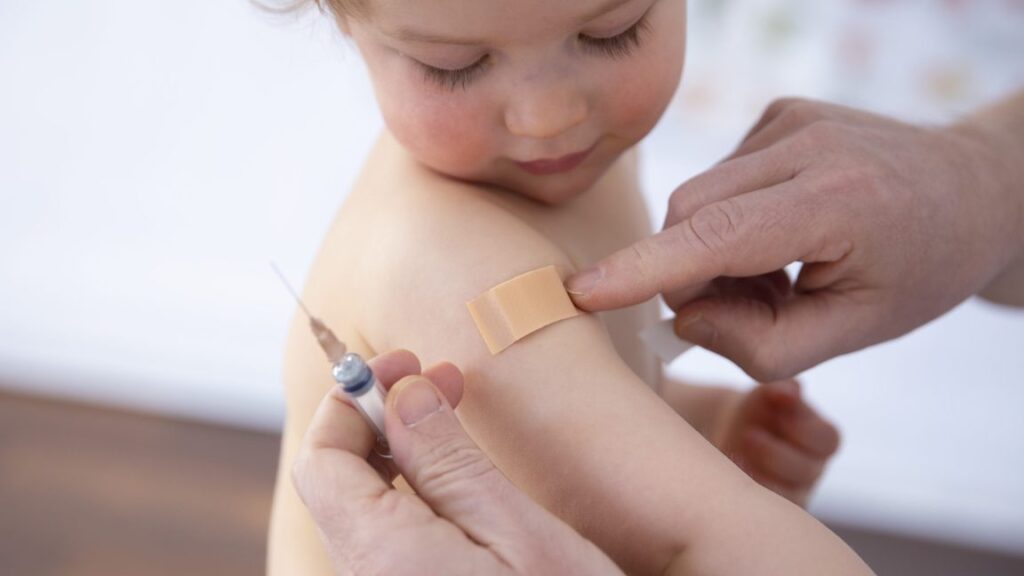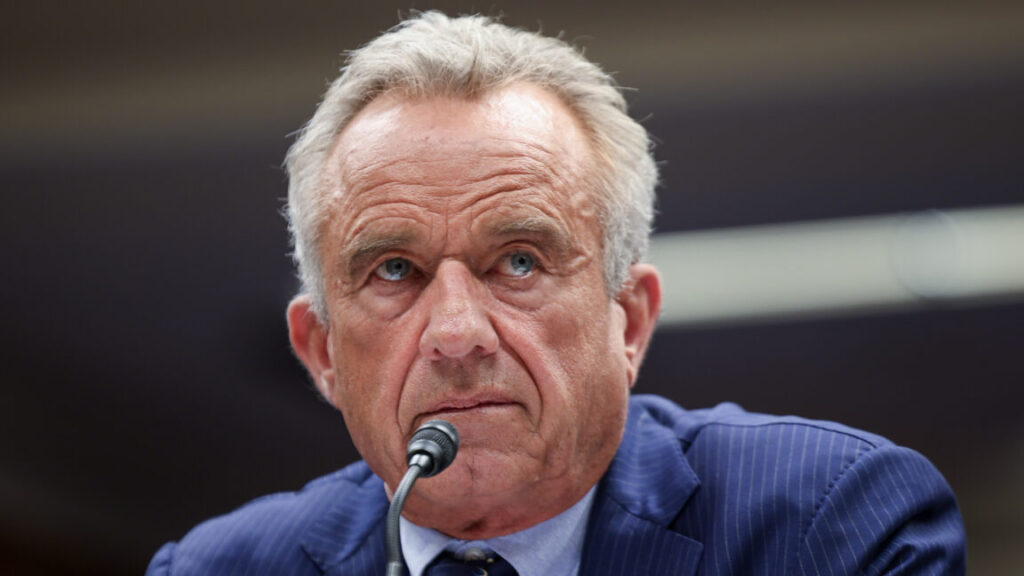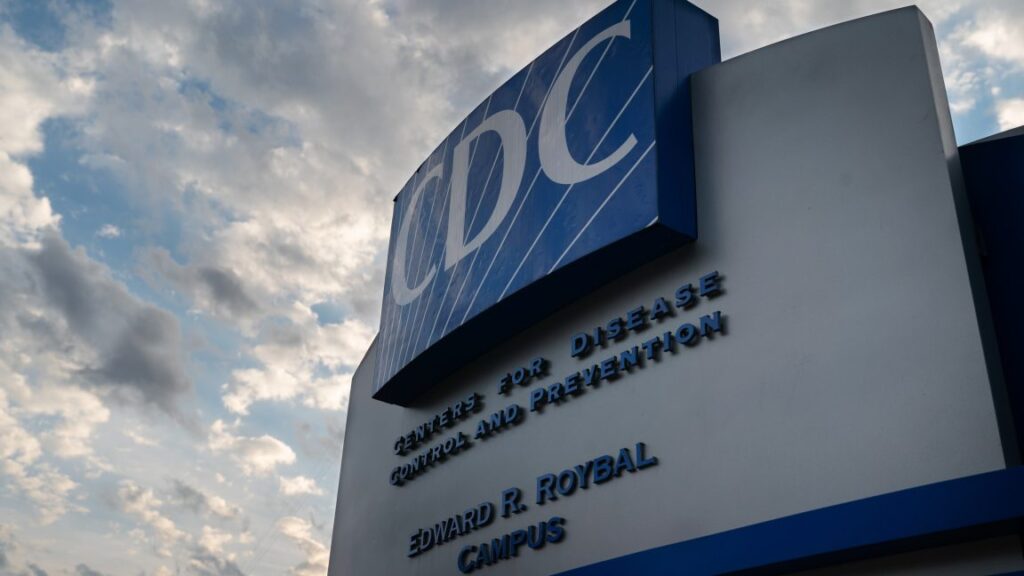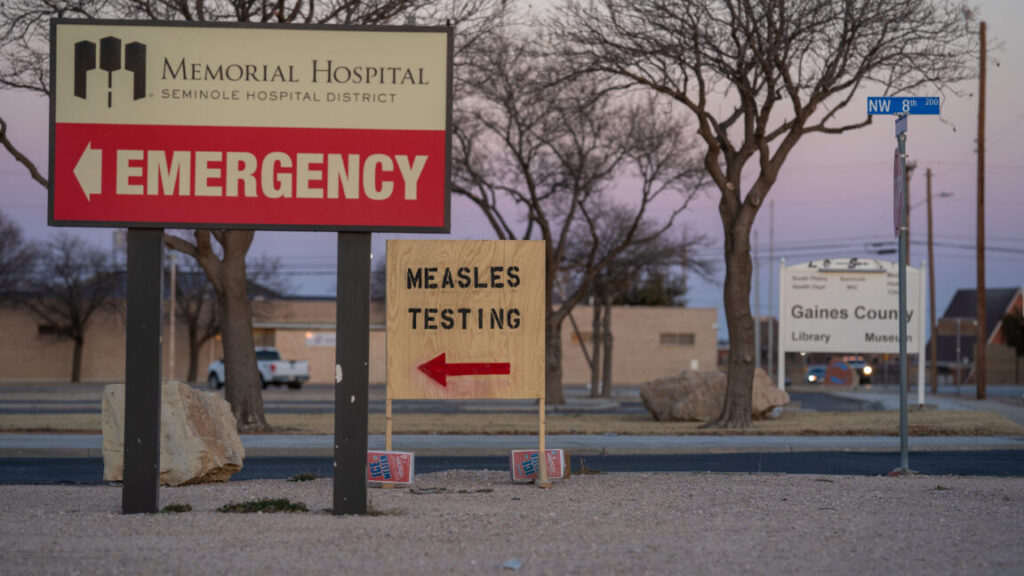Top pediatricians buck RFK Jr.’s anti-vaccine meddling on COVID shot guidance
“It’s clear that we’re in a different place in the pandemic than we were four or five years ago in terms of risks to healthy older kids,” Sean O’Leary, chair of the AAP Committee on Infectious Diseases (COID), said in a statement. However, “the risk of hospitalization for young children and those with high-risk conditions remains pretty high.”
According to CDC data, the rate of COVID-19 hospitalization in children under 2 is the highest among any pediatric group. Further, the rate of hospitalization among children 6 months to 23 months is comparable to that of adults ages 50 to 64. Critically, more than half of children ages 6 months to 23 months who are hospitalized for COVID-19 have no underlying medical condition that puts them at high risk for severe infection.
For children 2 to 18, the AAP recommends COVID-19 shots for children who have a medical condition that puts them at high risk, are residents of care facilities, have never been vaccinated, or have household contacts who are at high risk of severe COVID-19. All other children and teens should also have access to updated seasonal shots if they desire them, the AAP says.
“The AAP will continue to provide recommendations for immunizations that are rooted in science and are in the best interest of the health of infants, children, and adolescents,” Kressly said. “Pediatricians know how important routine childhood immunizations are in keeping children, families, and their communities healthy and thriving.”
Coverage questions
With school starting, COVID-19 cases ticking up around the country, and cold-weather respiratory virus season looming, the question now is how the conflicting recommendations will be interpreted by insurance companies. Insurers are required to cover vaccines recommended by the CDC. But there is no such obligation for recommendations from medical groups.
AAP has been holding meetings with insurers to press for continued coverage of evidence-based vaccine recommendations.
O’Leary told The Washington Post that insurers are “signaling that they are committed to covering our recommendations.” The Post also noted that AHIP, the major insurance lobby, released a statement in June saying its members are committed to “ongoing coverage of vaccines to ensure access and affordability for this respiratory virus season.”
Top pediatricians buck RFK Jr.’s anti-vaccine meddling on COVID shot guidance Read More »
